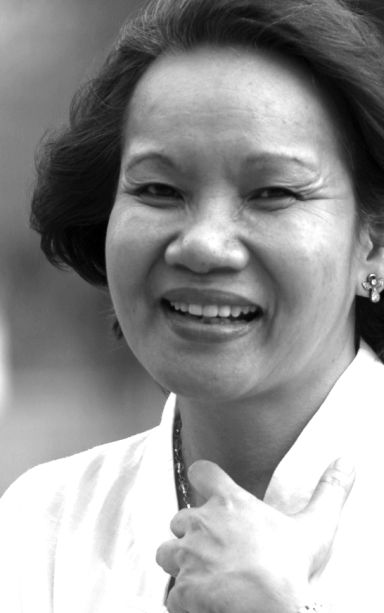
LOGARTA
An essay on Filipino fathers discusses the result of the absentee father. In earlier times sons often went along with their fathers as they worked. In a very natural, informal way they got the skills involved in the work of their fathers. But, they also learned what it meant to be male in their culture from someone who cared for them. Now in our more complex world, fathers leave their homes for work. The growing boy is left at home where there are mostly females.
So how does he learn what it is to be male in this culture? Often he gets initiated by his barkada. Both in the home and with his barkada, he finds out that he should be strong and hard, even fierce.
He could be teased for crying. Softness, gentleness could be mistaken for weakness. His great privilege is to be allowed to go out of the house and explore. Such a privilege made young people choose on the gender they would actually want, choose being males.
Fathers need to be conscious of the modeling behavior. A book discussing why boys fail in school, pointed out that some boys are slow in learning reading because they have never seen their father read even newspapers.
Did you hear about the father who was not a casualty in the 9-11 disaster because he was bringing his child to his first day in school?
A book on the curriculum declared that integrating gender in the learning areas is advisable because without this growing boys fail to learn parenting skills.
This is clear in a Fortune magazine article about executives who stopped working to give a chance to their wives to engage in the challenges of corporate life. It shocked this powerful man, that one word from him in the office would bring action; at home, it was a big challenge to let the children settle down!
Will any father do? Many social problems have arisen from “problematic fathers”. In the Legal Alternatives for Women Center, Inc. we encounter many of these. Cases of incest have been raised.
Physical violence towards their mothers may result in the internalizing of violence-oriented values and may lead to actual violence towards the father. Economic violence, depriving the family, especially the children of financial support disrupts the peace in the home, more than most people imagine. The psychological violence of infidelity can break the family apart. Archie Modequillo reminds fathers that they owe their children a loving relationship with their mother.
In the LAW Center, Inc. radio program Tak-na sa Kababay-an aired over DYLA we heard about ERPATS where fathers are being organized. Fathers are reminded to be more dutiful via sessions guided by carefully prepared modules. Let’s hope this can be actually helpful for fathers and families.
More than three. The gospels tell us about a loving, compassionate father, who is also strong and very able to be in our defense. We can never stop thanking Him for His great faithfulness. No one can beat this Role Model.